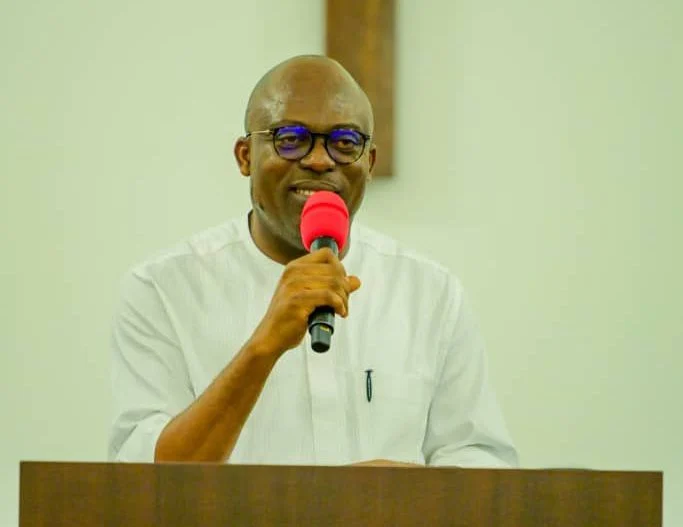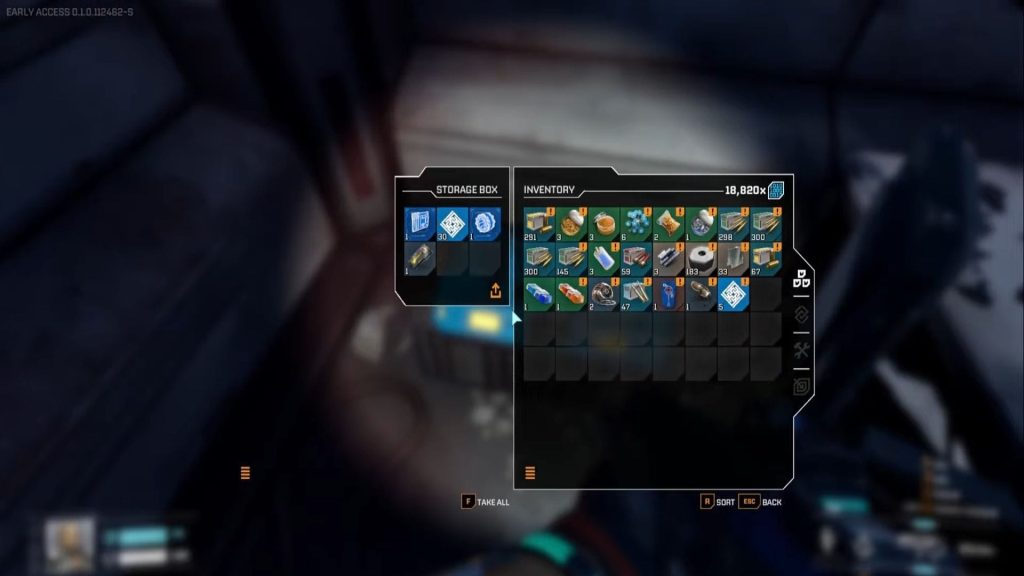On April 7, Rwanda will mark the 30th anniversary of the genocide that claimed the lives of nearly 1 million Tutsis and moderate Hutus. The scars of this tragedy still linger on survivors, serving as a painful reminder of the atrocities committed. The United Nations will hold events to honor the victims and commemorate the resilience of the survivors.
Freddy Mutanguha, a Tutsi survivor, shares his personal tragedy from the genocide. At just 18 years old, Mutanguha found himself in a life-threatening situation in his home village of Mushubati. His family fell victim to the brutality of Hutu extremists, with only his sister Rosette managing to escape. Mutanguha’s extended family also suffered devastating losses during the genocide.
Despite Rwanda’s efforts towards reconciliation, survivors like Mutanguha continue to face challenges in the healing process. The journey to forgiveness is hindered by perpetrators who withhold crucial information, leaving survivors grappling with unresolved pain and loss. However, Rwanda has made significant progress in fostering peace and stability within communities where both survivors and perpetrators coexist.
Social media has emerged as a barrier to reconciliation, with the Rwandan diaspora spreading divisive information that undermines efforts towards unity. The repatriation of Rwandan refugees is seen as a crucial step towards achieving genuine reconciliation, as highlighted by prominent critic Victoire Ingabire. The presence of rebel groups like the FDLR poses a security threat to the region, further emphasizing the importance of addressing gaps in the reconciliation process.
Efforts to rebuild lives and restore hope in Rwanda have been ongoing, with dialogue clubs and community associations playing a vital role in facilitating healing and positive progress. As the world commemorates the 30th anniversary of the Rwandan genocide, it serves as a reminder of the collective responsibility to learn from history and prevent such atrocities from happening again.
By: Keith Walker



